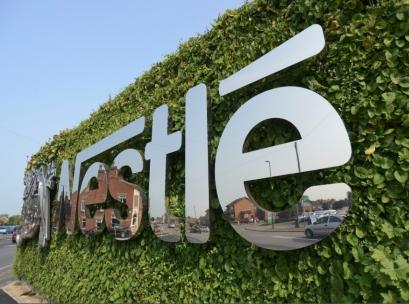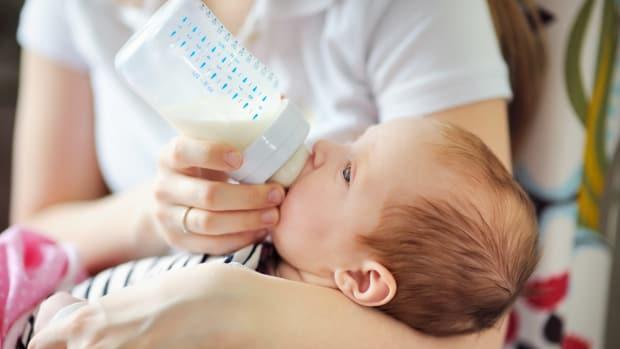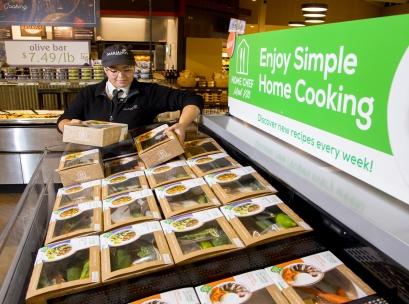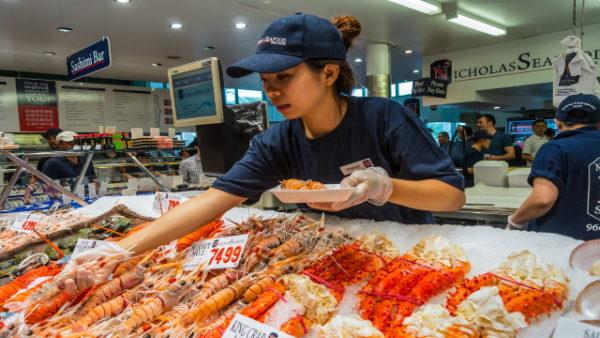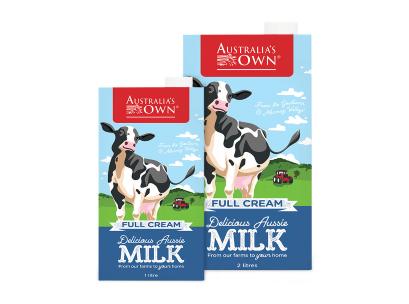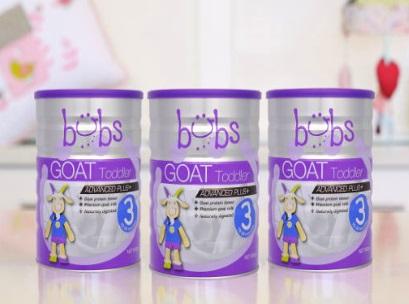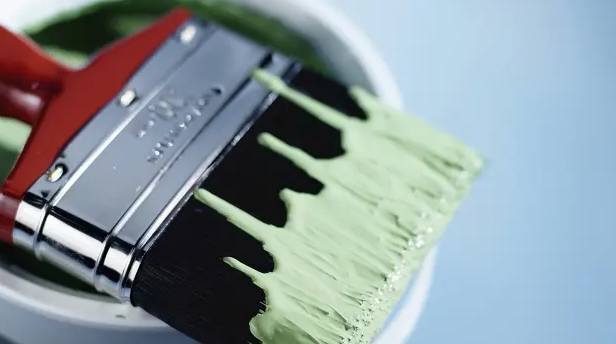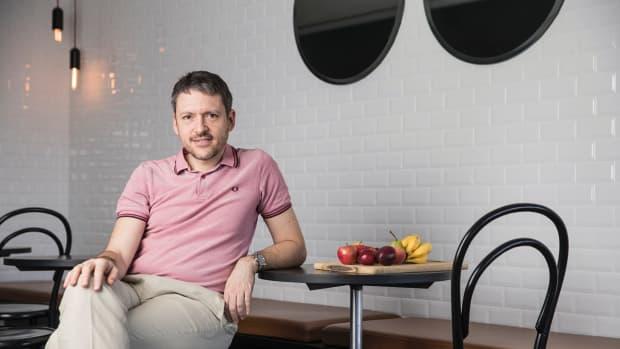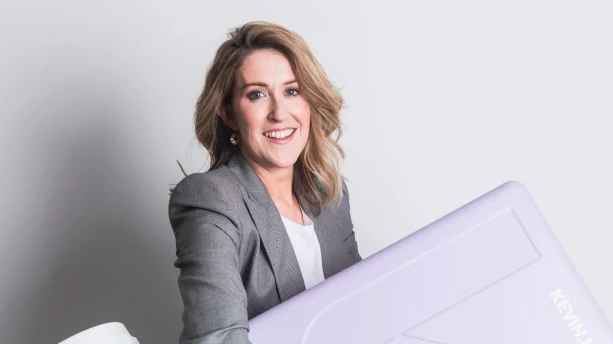
When Kate Morris started selling beauty products from the garage of her Melbourne home in 1999, she had no idea whether women would embrace buying cosmetics online.
At the time, Morris was a 21-year-old university student manning the Clarins counter at a major department store and believed there had to be a less confronting, more empowering way to buy makeup and skincare products.
"What I saw was a disenchantment with department store shopping," recalls Morris, now 40.
"It was really clear to me women found it really disempowering and a bit unpleasant – you're talking about a product that's supposed to be making you feel confident and the shopping experience shouldn't make you feel the opposite."
With $12,000 borrowed from her boyfriend's parents, she set up Adore Beauty, Australia's first dedicated e-commerce site for beauty products, and started knocking on the doors of beauty brands.
Her timing was impeccable.
According to a Roy Morgan report this week, 26 per cent of women who buy cosmetics regularly purchase health and beauty products online, up from 18 per cent four years ago.
Online beauty retailing now accounts for 21 per cent of the $4 billion Australian market – up from less than 5 per cent 10 years ago.
IBISWorld forecasts online sales will grow 10 per cent a year over the next few years, four times faster than the total industry, reaching 33 per cent of the market by 2024.
The online shift has tripped up beauty retailer Napoleon Perdis, which has been forced to close half its 52 bricks-and-mortar stores and restructure the business after falling into voluntary administration.
But Adore Beauty has thrived, with sales growing threefold in two years, from $16 million in 2016 to $52 million in 2018.
Sales are forecast to double this year to more than $100 million, despite increased competition from bricks-and-clicks rivals Sephora, Mecca Cosmetica and Australian Pharmaceutical Industries' Priceline and the arrival of Amazon.
'Now it's about discovery'
"We're finding more and more that customers are willing to try something sight unseen," says Morris, who debuted on the Financial Review Young Rich List last year with estimated wealth of $30 million.
"It used to be that people would only shop online if it was cheaper, then it became more about convenience, now it really is about discovery. People are discovering that sometimes you can get better information online than you can in a store."
Like Mecca and Sephora, Adore Beauty is brand agnostic, rather than beholden to leading cosmetics companies, and sells 13,000 products across more than 200 prestige, "masstige" and professional brands, from Aesop and Aveda to Yves Saint Laurent and Youngblood Minerals.
And unlike bricks-and-mortar retailers, Adore Beauty can collect and analyse customer data, including age, skin type and hair texture, to personalise its offer.
That data is proving compelling for beauty brands, many of which do not have online stores. And after giving Morris the cold shoulder 15 years ago, many are now flocking to Adore.
"None of the bricks-and-mortar retailers have anything like that [data] and none of the brands themselves have that – the brands are almost blind," she says. "Adore can match their products with what customers are looking for."
Personalisation engine
Adore will turbocharge that capability this year when it finishes building a personalisation engine that uses artificial intelligence to predict which products will most resonate with customers.
Adore also engages customers with digital content, such as information on what to expect when getting a lash lift, and customer reviews.
"It's great to have a platform that sells 13,000 products, but it's about how can we curate that experience individually for every single customer and make sure everyone is guided to the perfect product for them and the content that most interests them," Morris says.
After tripling capacity by moving into a 4500-square-metre warehouse near Melbourne airport in September, Adore is eyeing overseas expansion, starting with a dedicated website and direct shipping to New Zealand.
Morris, who owns 100 per cent of the company with husband James Height (whose parents lent the original $12,000) is considering bringing in an external investor, almost two years after buying back a 25 per cent stake acquired by Woolworths in 2015.
"Given our growth rate and market position as the largest online beauty retailer in Australia, we are regularly approached by potential suitors," says Morris, who is being advised by KPMG.
"In the past we have had a very positive experience partnering with Woolworths, who took a stake in our business."
"As such, we are always open to consider partnering with organisations that can add value or fast track the growth of the business."
Based on average valuations for e-commerce businesses of about 1.1 to 1.2 times revenues, Adore Beauty could be worth more than $110 million.
Morris says Sephora's and Mecca's expansion and Amazon's arrival accelerated Adore's growth by increasing online awareness and giving customers alternatives to department stores and pharmacies.
"When Sephora entered the market in 2014, that was when our growth kicked off and started going exponential," says Morris, who was inducted into the Australian Businesswomen's Network Hall of Fame in 2015 after winning the Telstra Young Businesswoman of the Year for Victoria in 2010 and the Telstra Business Women's Awards in 2014.
"I see Amazon as like e-commerce 1.0; it's certainly fine for convenience and replenishment but I don't think the beauty consumer that's connecting with the category is interested in going to Amazon and having a product arrive in the same box as toilet paper and socks," she says.
"Amazon doesn't give two hoots about finding you the perfect moisturiser."
